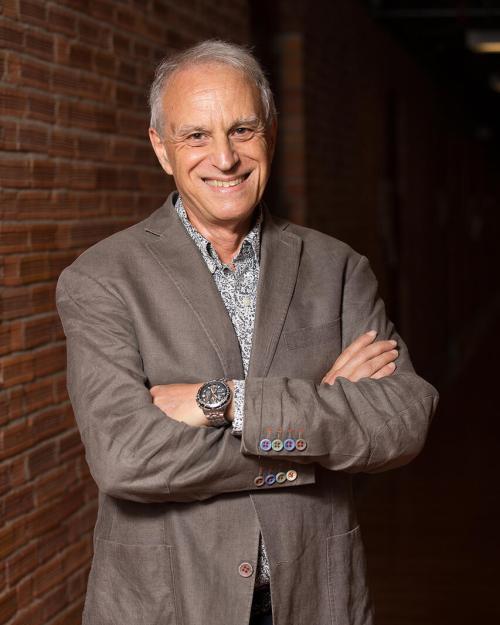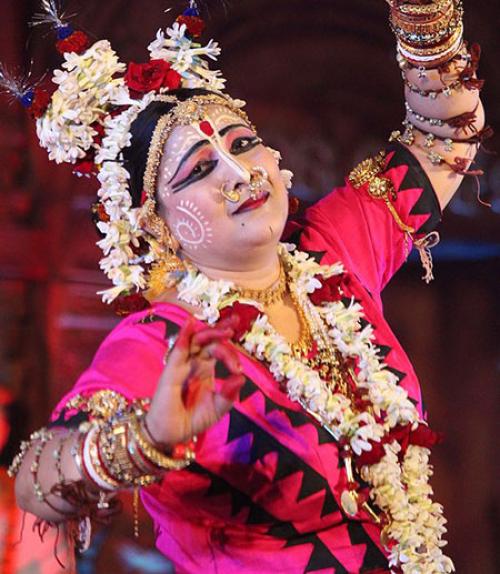Daniel Gold, professor of Asian studies emeritus, dies at 78
Cornell Chronicle
 Department Homepage
The College of Arts & Sciences
Department Homepage
The College of Arts & Sciences


